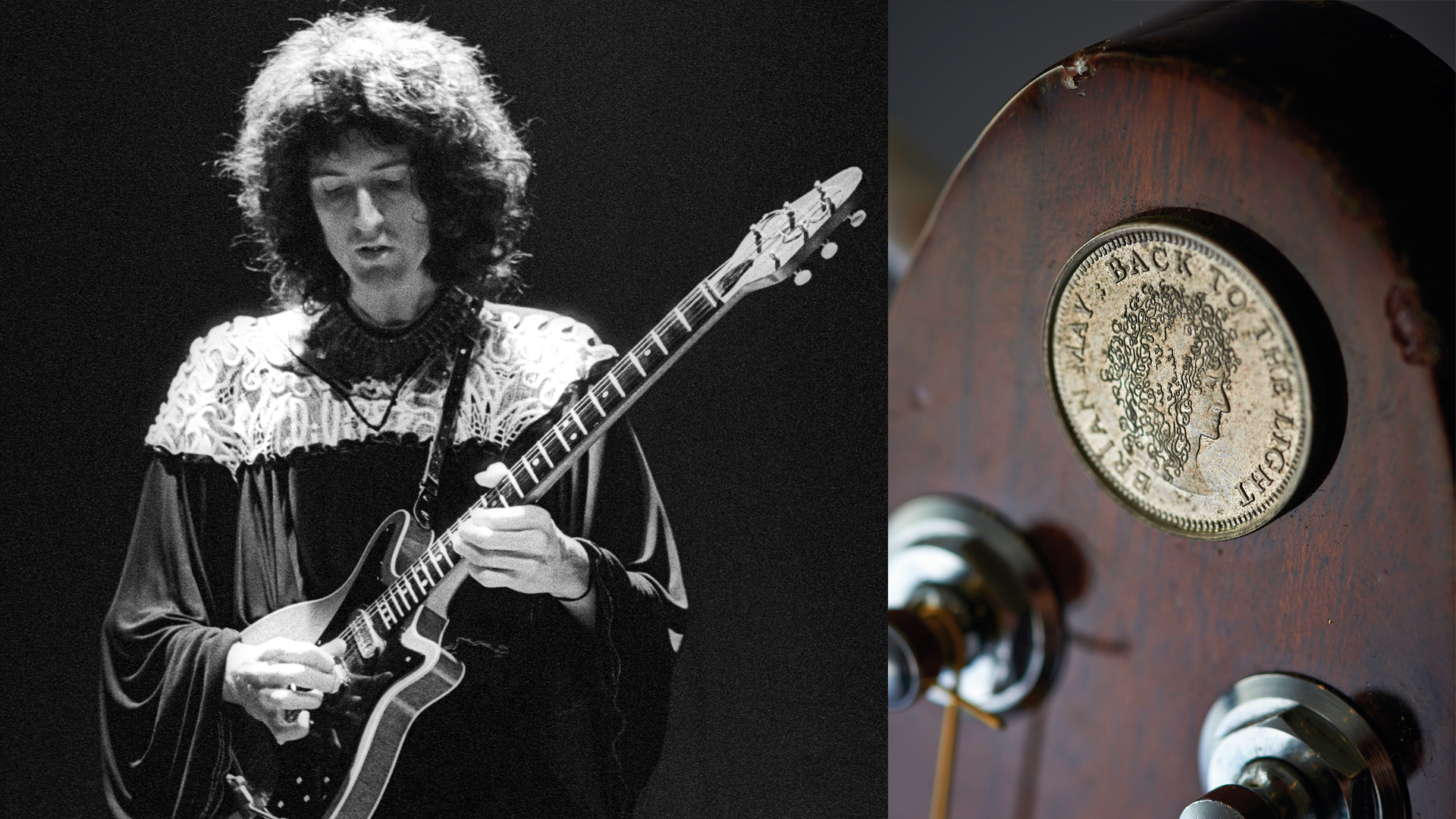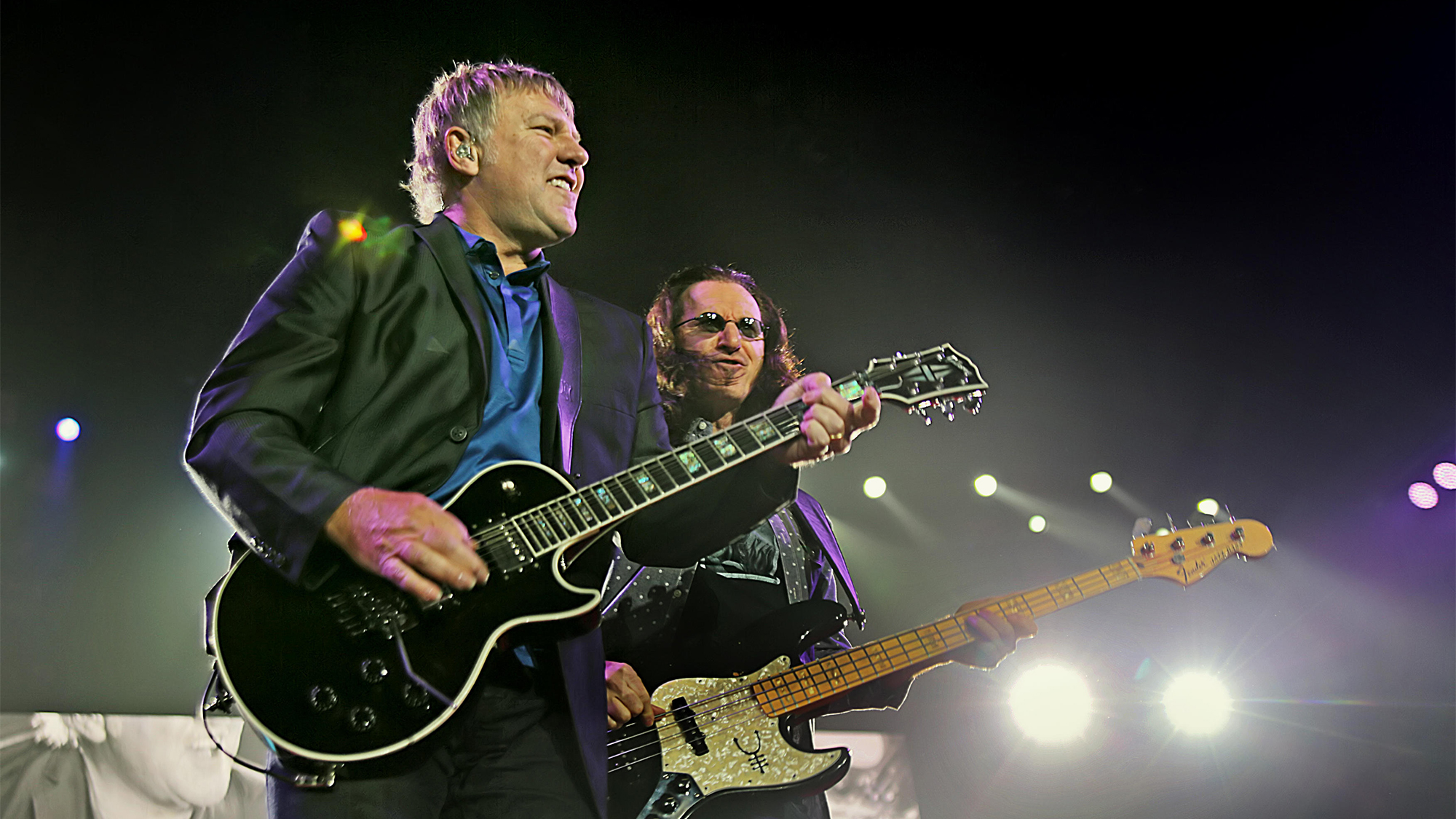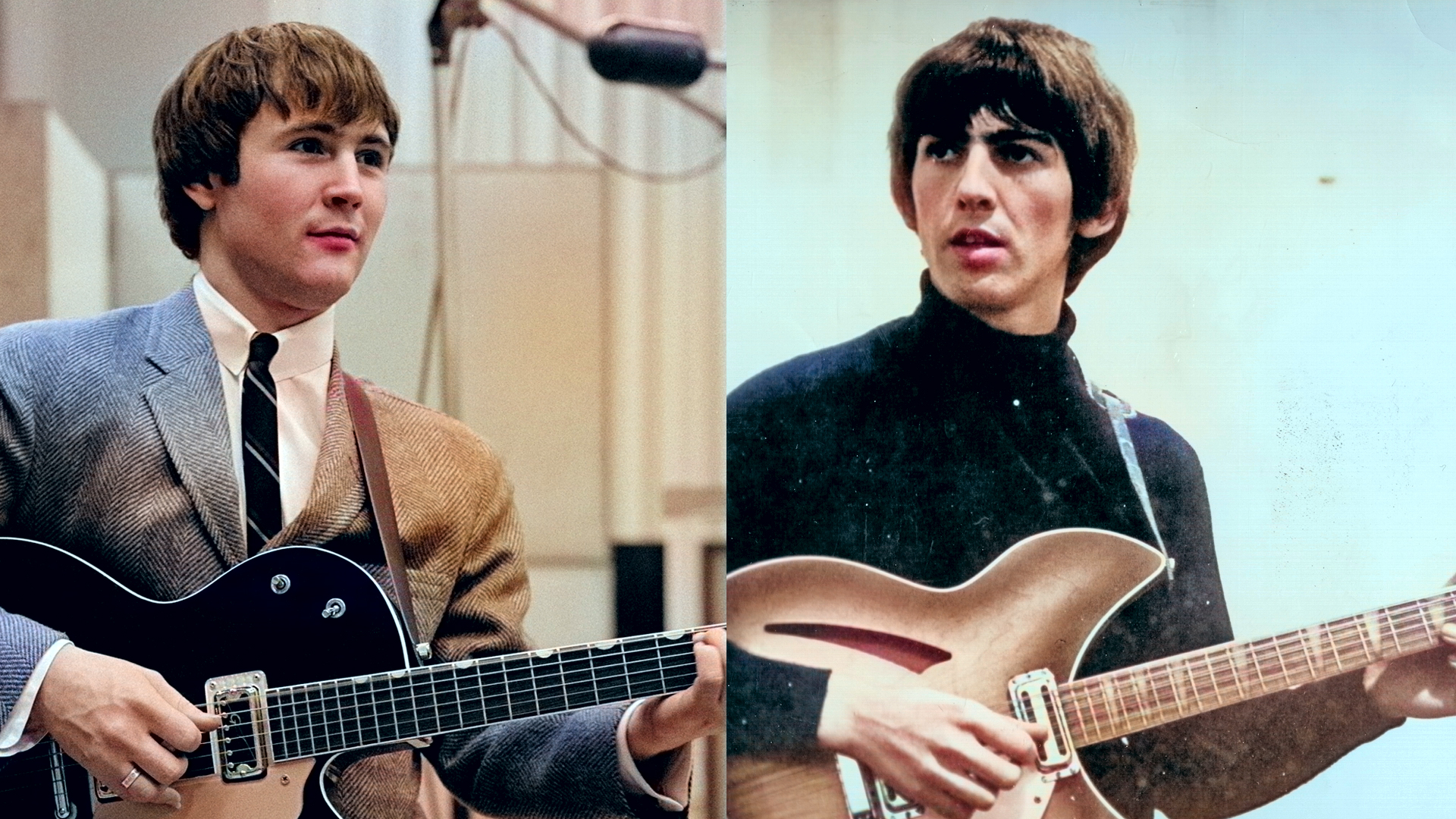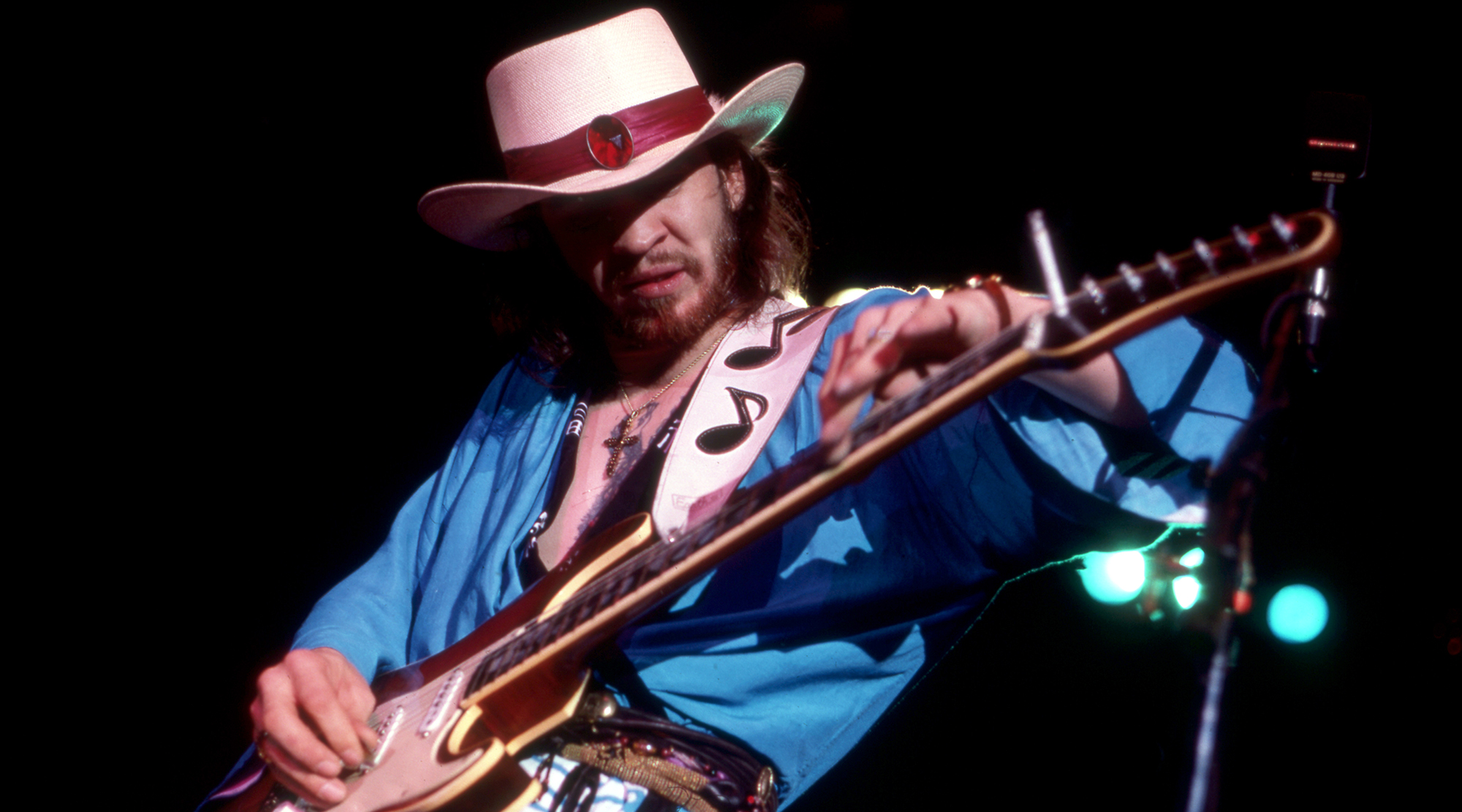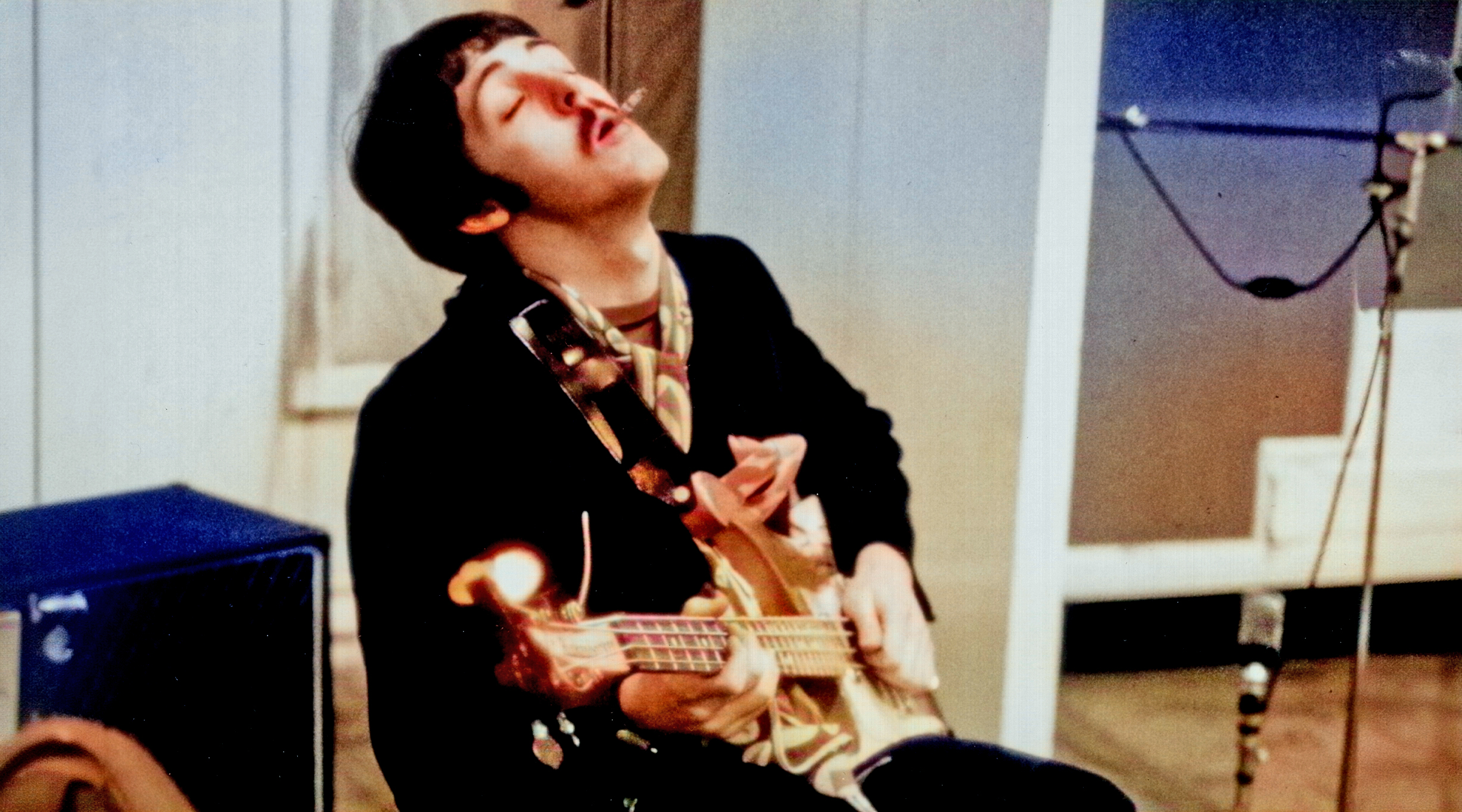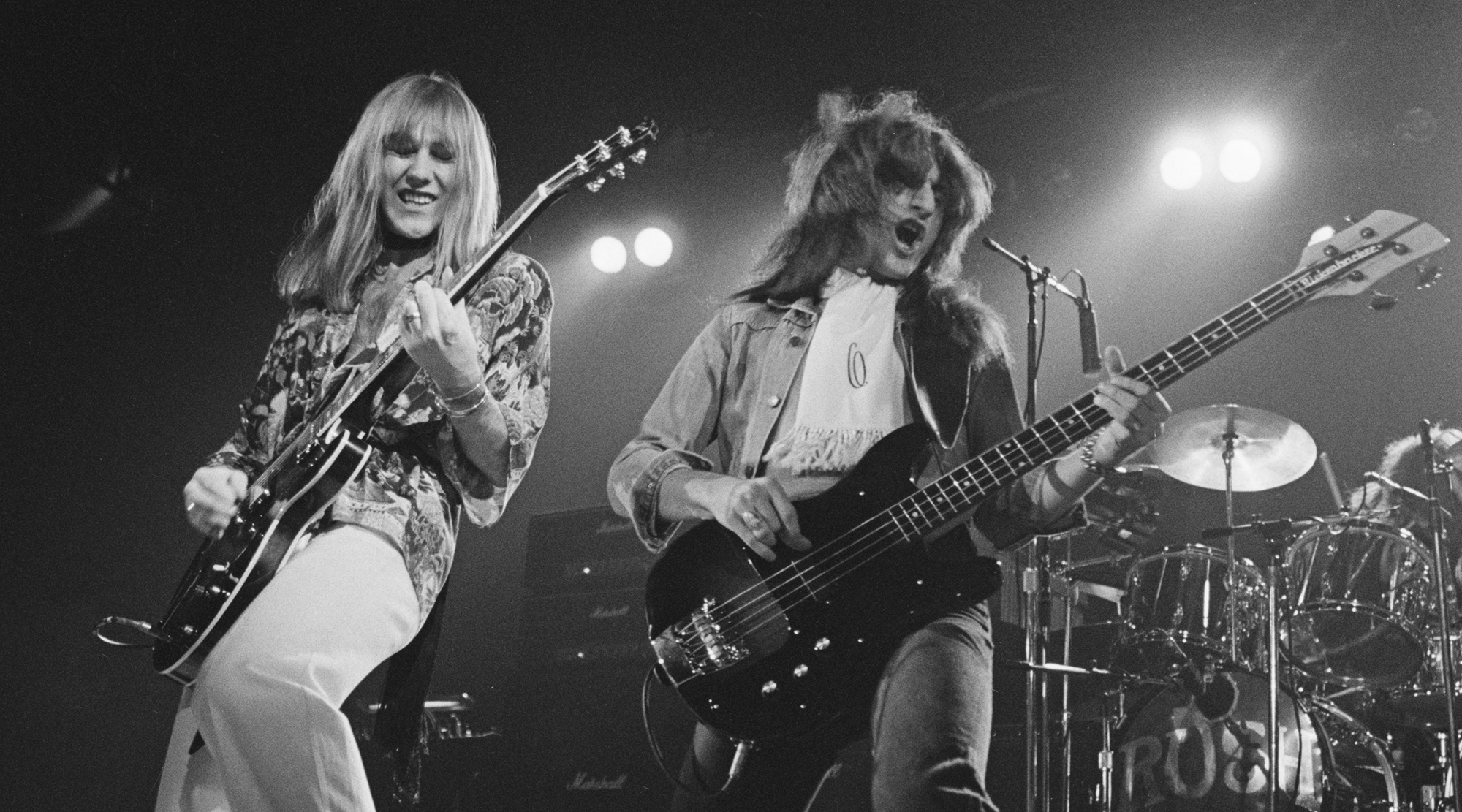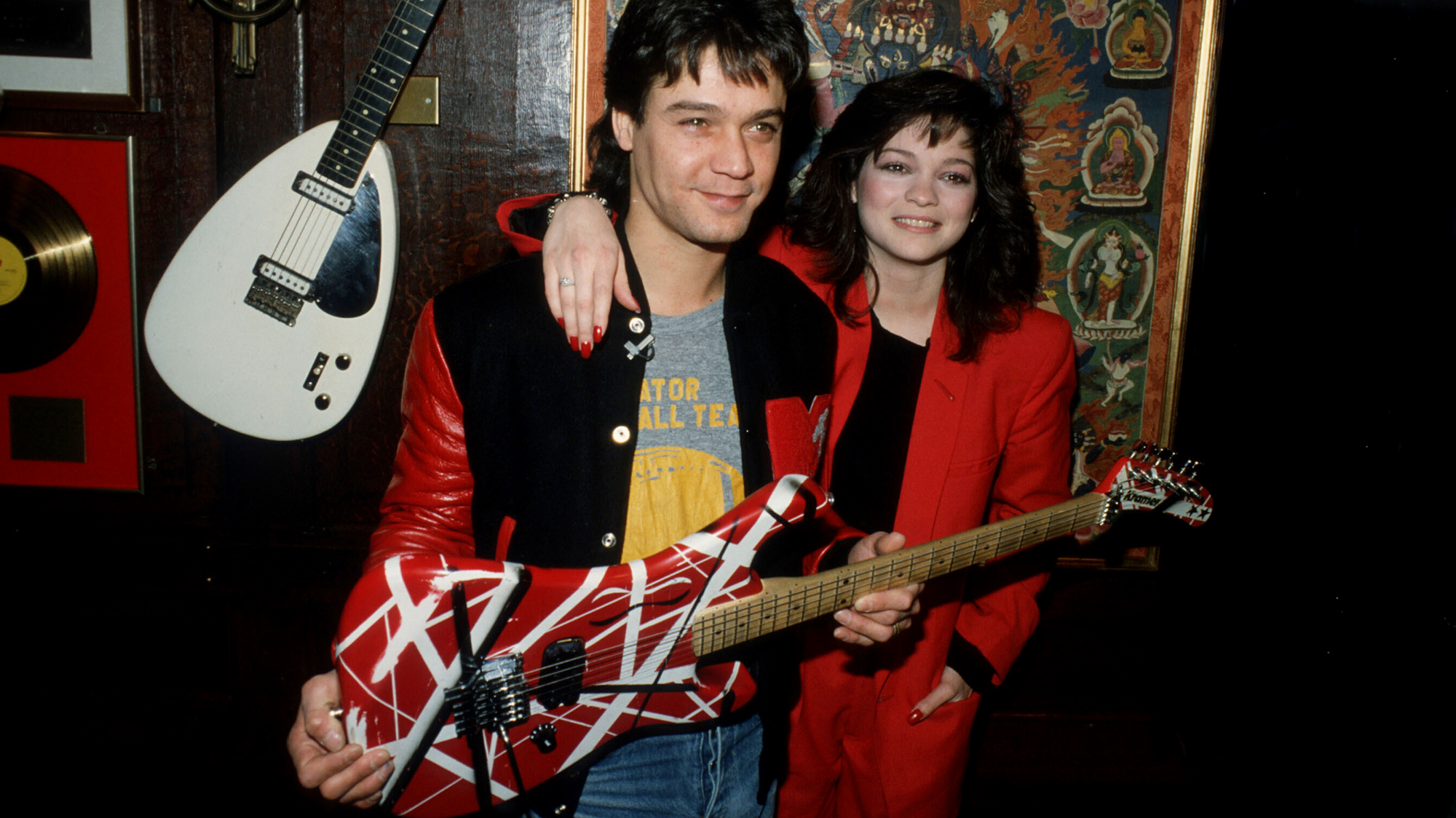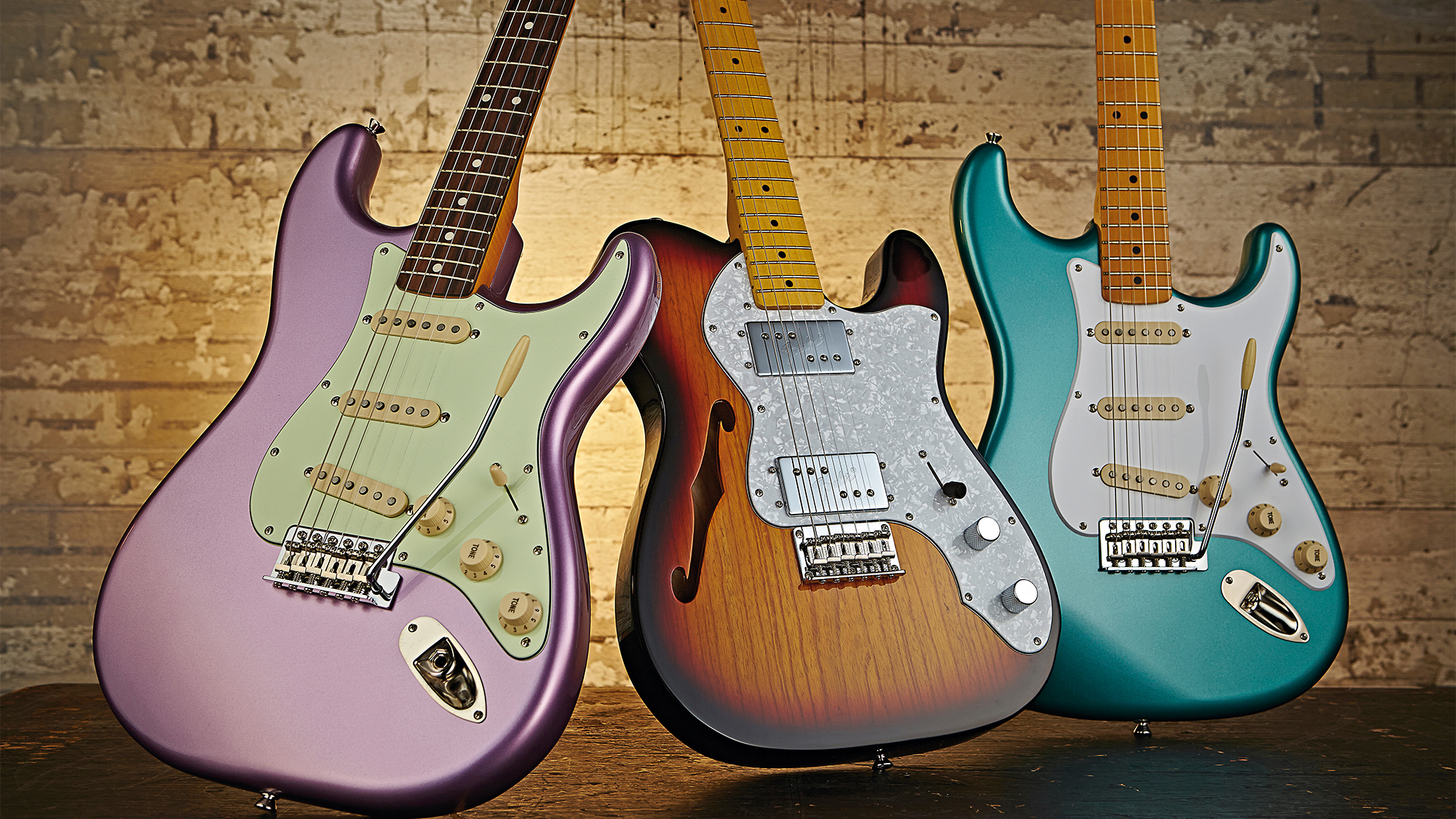"I was criticized for sounding too much like Creedence... Every time I’d get into a groove, a little gremlin would pop up and say, 'You can’t sound like that or I’m going to sue you'": John Fogerty on double-stop solos, and bizarre legal battles
Fogerty's headline-grabbing court fight with his ex-manager caused his songwriting inspiration to "wither and die," he tells GP in this archival interview
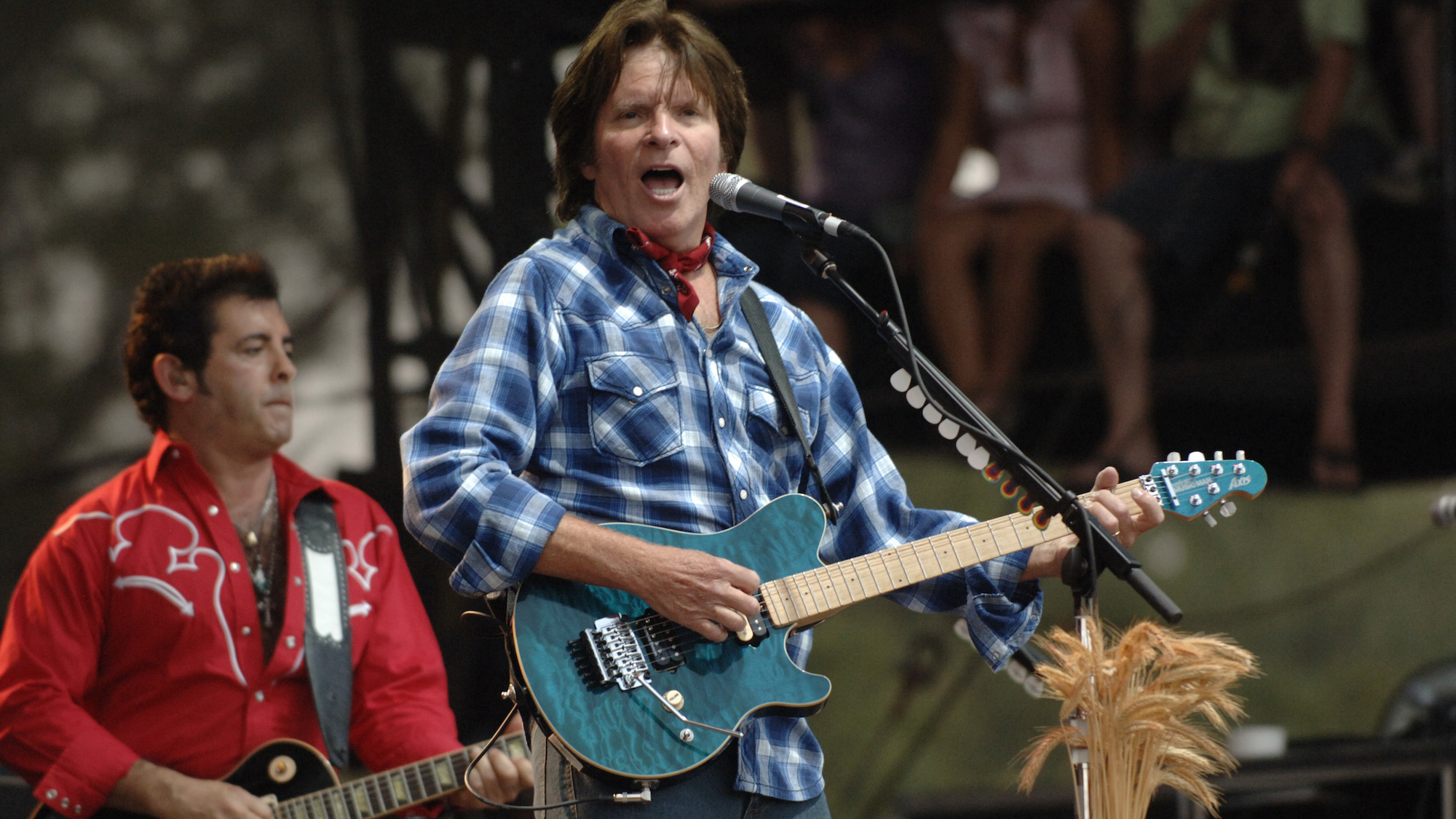
Rock n' roll – in all its many forms – is meant to represent youth, vigor, freedom, volume, and a “screw the rules” spirit. However, you can hardly find a famous practitioner of the genre who hasn't at some point been dragged into the most un-rock-n'-roll of settings – a courtroom.
Without question one of the strangest legal sagas in rock history was the battle between Creedence Clearwater Revival frontman John Fogerty and Fantasy Records boss Saul Zaentz, the latter of whom came into the possession of the rights to Creedence's catalog in the '80s.
In 1985, Fogerty re-established himself as a star with the hugely successful Centerfield album, which contained hits like the classically Fogerty The Old Man Down the Road.
Zaentz, upon hearing that particular song, felt it was too Fogerty-esque, and sued the singer, songwriter, and guitarist for hewing too closely to Creedence's Run Through the Jungle – in essence, suing Fogerty for writing too much in his own style.
Whatever inspiration I had would just wither and die
Though Fogerty would win the ensuing (lengthy and expensive) court battle, the case haunted him – and indeed his songwriting – for years after its conclusion.
“I was criticized for sounding too much like Creedence, and Zaentz and Fantasy [Records] actually sued me for sounding like myself,” Fogerty told Guitar Player in a 2008 interview.
“Even though I won that case – and blessedly so, because we’d all be living in a different world if I hadn’t – what happened to me personally was that every time I’d get into a songwriting groove by playing something I’d just do naturally, a little gremlin would pop up on my shoulder, and, looking very much like a lawyer, would go, 'No, no, no. You can’t sound like that or I’m going to sue you'.
Get The Pick Newsletter
All the latest guitar news, interviews, lessons, reviews, deals and more, direct to your inbox!
“Inevitably,” Fogerty continued, “that would piss me off, and whatever inspiration I had would just wither and die. It happened to me dozens of times since the ’80s, and it was like an affliction.”
In the same GP interview, Fogerty also discussed his trademark double-stop solos, maintaining that they were simply a product of the time, and circumstance.
Knowing he wasn't able to play like the guitar giants of the day, Fogerty developed an approach that fit in well with Creedence Clearwater Revival's no-bells-and-whistles image.
“I was a contemporary of Clapton and Hendrix, and I used to envy their ability to get a great lead sound and just sit there and pick,” the Creedence man explained. “I couldn’t do that, of course, because my role in my band was basically to play rhythm along with my brother, Tom, who, by the way, was a fantastic rhythm player.
“My whole double-stop thing probably came from what I’d heard from the Beatles and Buddy Holly, where you’ve got two guys strumming on guitars, and, at some point, you’ve got a solo. I’d take my solo in Proud Mary or Bad Moon Rising, and it was just kind of an extension of what I was already doing as a rhythm player.”

Jackson is an Associate Editor at GuitarWorld.com and GuitarPlayer.com. He’s been writing and editing stories about new gear, technique and guitar-driven music both old and new since 2014, and has also written extensively on the same topics for Guitar Player. Elsewhere, his album reviews and essays have appeared in Louder and Unrecorded. Though open to music of all kinds, his greatest love has always been indie, and everything that falls under its massive umbrella. To that end, you can find him on Twitter crowing about whatever great new guitar band you need to drop everything to hear right now.
“I did the least commercial thing I could think of.” Ian Anderson explains how an old Dave Brubeck jazz tune inspired him to write Jethro Tull’s biggest hit
"This 'Bohemian Rhapsody' will be hard to beat in the years to come! I'm awestruck.” Brian May makes a surprise appearance at Coachella to perform Queen's hit with Benson Boone
